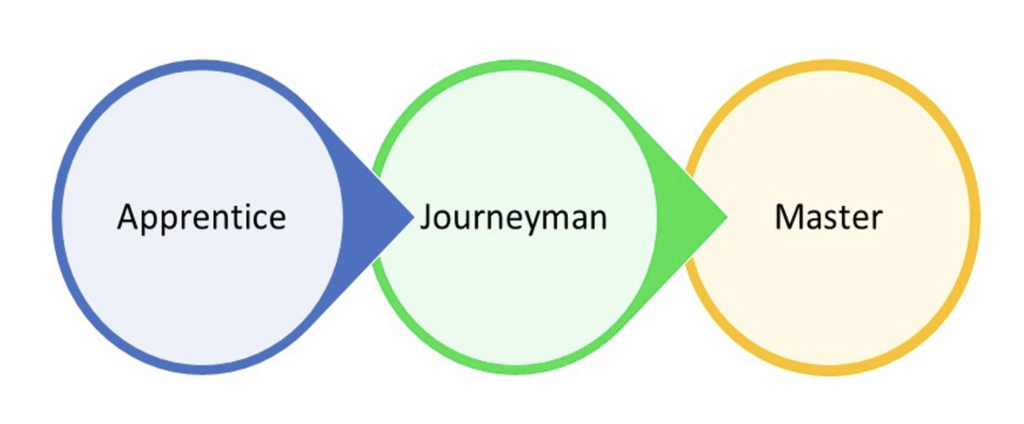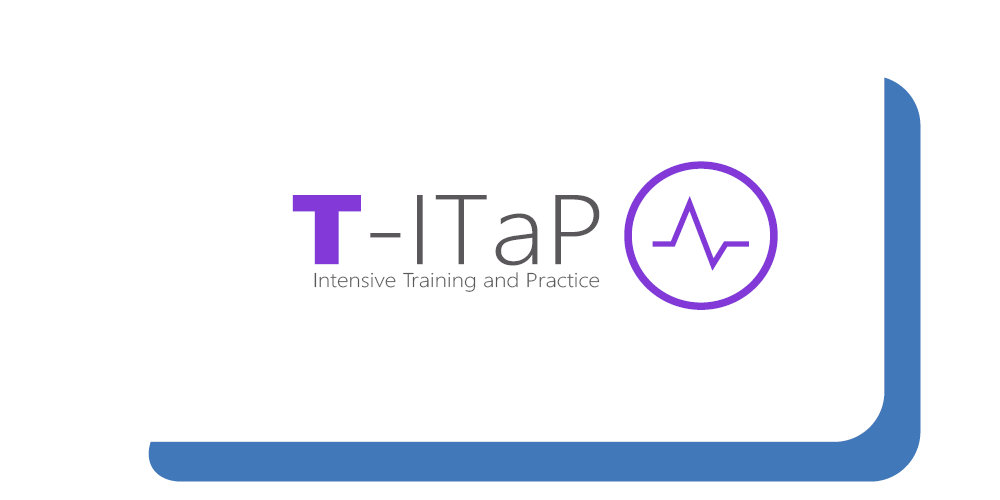The Importance of Mastery Experiences for Teachers
September 2023
by Rebecca Tickell
Practice makes perfect and success breeds success are examples of proverbs you’ve probably heard before but is there any truth in them?
The best way to get better at something and acquire expertise has been a topic of research interest for millennia. One example, where focused and deliberate practice under the guidance and tutelage of a master practitioner has proven to be highly successful, is the atelier method of training. This method has been used to train artists to produce fine art since the middle ages. In an atelier (a workshop/studio) an apprentice works with an expert practitioner, known as a master, and a group of other apprentices. Each apprentice is given plenty of opportunities for deliberate practice, within a structured training programme (the curriculum), which has been designed and implemented by the master. Alongside this, feedback from the master and other apprentices within the atelier is used to help each apprentice to hone their skills and set performance targets. Over time, this helps the apprentices to develop the expertise needed to produce their own masterpieces.
More recently, the importance of deliberate practice in the development of expert performance hit the headlines in 1993 following the publication of Ericsson, Krampe and Tesch-Römer’s seminal paper, where they were trying to find out the most effective way to train someone to gain performance expertise in music. However, as is often the case with research, the findings have been generalised and oversimplified, with attempts to apply these to all domains of expertise. You might have heard the oft quoted rule of thumb that to become an expert in something you need to have spent a minimum of 10,000 hours doing it; however, this doesn’t always hold true, as development of expertise is also dependent on other factors such as the environment one is training in. It’s important to recognise that not everyone can become a ‘Grand Master’ or ‘maestro’, no matter how hard they practice.

“Mastery experiences are the most influential source of efficacy information because they provide the most authentic evidence of whether one can muster whatever it takes to succeed. Success builds a robust belief in one’s personal efficacy. Failures undermine it, especially if failures occur before a sense of efficacy is firmly established”
Bandura (1997)

One way is to provide teachers with ‘mastery experiences’ and the best way to do this is arguably via first-hand experience gained through the teaching practicum.
During the practicum, beginning teachers work closely with a teacher mentor in order to develop their practice. In an ideal teacher training and development programme, the activities undertaken by the beginning teacher will be skilfully structured and scaffolded by the teacher mentor, to enable their mentee to experience success, which in turn builds teacher confidence and teacher self-efficacy beliefs. Feedback, verbal persuasion, vicarious learning opportunities and support with self-management of emotional and physiological states, will also be provided by teacher mentors to facilitate the development of their mentee’s teacher expertise.
Scenario-based learning can be used as a tool to provide teachers with mastery experiences outside of the classroom e.g. The power of feedback and reflection: Testing an online scenario-based learning intervention for student teachers (Bardach et al., 2021).
TSP has a suite of T-ITaP modules that meet the new Intensive and Training Practice requirement as set out in the Department for Education’s ITT Reform (May 2022) document. Our T-ITaP modules have been carefully designed to offer trainees the opportunity to engage and reflect on a range of authentic scenarios focused on pivotal areas of practice such as behaviour management, adaptive teaching and professional behaviours. Trainees apply what they have learnt through role-plays, micro-teaching and group discussions to build their classroom readiness, confidence and self-efficacy.
Find Out More

Find Out More
T-ITaP simulations are the solution to the new Intensive Training and Practice (ITaP) requirement in England for all ITT education providers. Our context-rich digital approximations of teaching provide trainees with an authentic learning experience in a safe environment.
